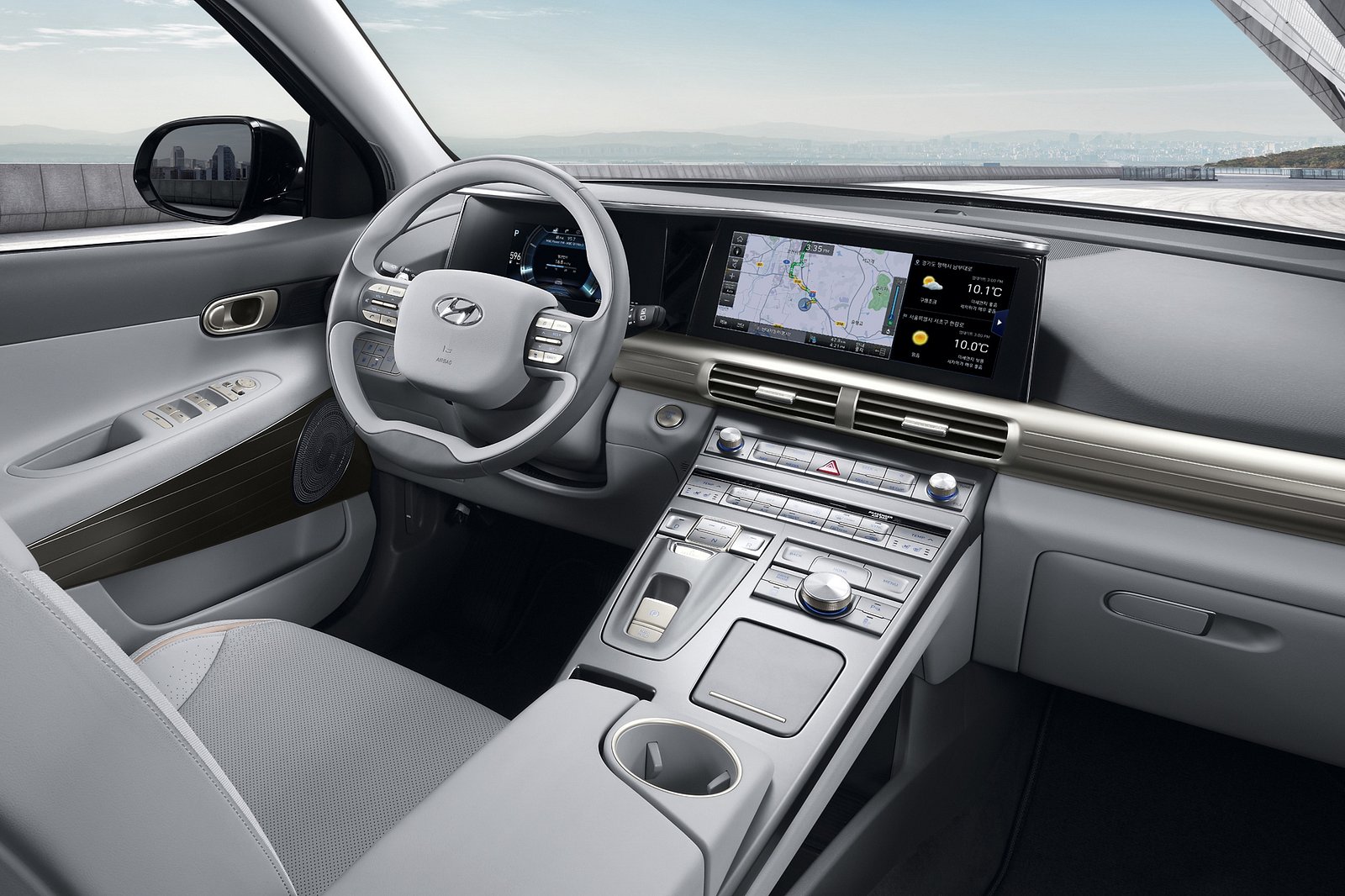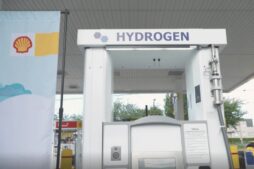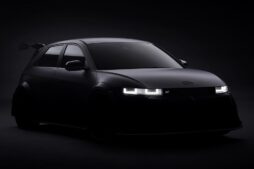Hyundai’s Expanding Hydrogen Usage and Advancements in AI Technologies
Although Hyundai seems to be primarily focused on electric cars, the South Korean car manufacturer has restated its dedication to hydrogen technology, especially in terms of utilizing alternate fuels and artificial intelligence to benefit the environment.
At the 2024 Expo for Consumer Technologies, the Korean car manufacturer announced that hydrogen is a vital element of their plan to be more environmentally friendly. They highlighted that this fuel source has the potential to power various modes of transportation such as trams, ships, electricity generators, and even the future of air travel. Models from Hyundai’s hydrogen vehicle lineup include the Nexo, which is a fuel cell car exclusively available in California, and commercial trucks running on hydrogen.
HTWO, a subsidiary of Hyundai dedicated to hydrogen technology, will play a crucial part in this fresh endeavor. In the year 2035, the corporation expects, with the help of HTWO, to procure three million tons of hydrogen annually. This will allow them to manufacture eco-friendly steel and generate sustainable energy.



Hyundai is currently developing the ability to manufacture megawatt-scale polymer electrolyte membrane (PEM) electrolyzers in order to produce green hydrogen. According to the company, this technology is expected to be available within the coming years. Although PEM electrolyzers are currently more expensive than their alkaline counterparts by 1.5 times, the automaker is confident that prices will decrease as a result of sharing components.
In other regions, the Korean company is exploring the transformation of harmful substances into purified hydrogen. This involves converting waste to hydrogen (W2H) and plastic to hydrogen (P2H). While W2H is the process of fermenting materials such as food and manure to produce biogas (which is then treated to capture carbon dioxide), P2H entails melting and gasifying non-recyclable plastics, resulting in the extraction of hydrogen by eliminating unnecessary elements.
“Here at Hyundai, we firmly stand by the belief that science and humanity go hand in hand; that cutting-edge technology should not only advance but also enhance people’s lives,” stated Jay Chang, the President and CEO of Hyundai. “We strongly advocate for clean hydrogen to be accessible to all, fueling all aspects of life, and widely available in every corner.”

Despite numerous advantages, hydrogen technology has not gained as much popularity as battery-electric vehicles. Apart from the Nexo, the Toyota Mirai is currently the only hydrogen vehicle available in the US (limited to California). BMW is also conducting trials of hydrogen-powered iX5 SUVs worldwide. However, a major obstacle for hydrogen technology is the lack of fueling infrastructure.
According to recent reports, Hyundai Motor Company has expressed its intention to adopt artificial intelligence (AI) and software in order to develop a “user-centric mobility ecosystem.” The company has unveiled a new strategy called ‘Software-defined Everything’ (SDx), which will be utilized for a wide range of purposes, including the management of devices, ecosystems, and fleets.
In the upcoming years, the car manufacturer announces the transformation of its vehicles into AI machines capable of self-learning, enhancing the satisfaction of customers.
According to Hyundai, their goal is to always fulfill the needs of their users whenever necessary. In light of this, Hyundai is in the process of creating a fresh entertainment system (most likely in partnership with Hyundai Mobis) that will cater specifically to a specialized app market for vehicles. Additionally, Hyundai aims to incorporate their extensive language model (LLM) into their navigation system and artificial intelligence assistant.







